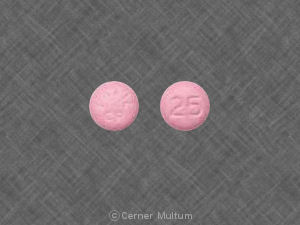 Generic name: Paroxetine hydrochloride
Generic name: Paroxetine hydrochloridePaxil relieves a variety of emotional problems. It can be prescribed for serious, continuing depression that interferes with your ability to function. Symptoms of this type of depression often include changes in appetite and sleep patterns, a persistent low mood, loss of interest in people and activities, decreased sex drive, feelings of guilt or worthlessness, suicidal thoughts, difficulty concentrating, and slowed thinking.
Paxil is also used to treat obsessive-compulsive disorder (OCD), a disease marked by unwanted, but stubbornly persistent thoughts, or unreasonable rituals you feel compelled to repeat.
Dangerous and even fatal reactions are possible when Paxil is combined with thioridazine or drugs classified as monoamine oxidase (MAO) inhibitors, such as the antidepressants phenelzine and tranylcypromine. Never take Paxil with any of these medications, or within 2 weeks of starting or stopping use of an MAO inhibitor. You'll also need to avoid Paxil if it gives you an allergic reaction.
In clinical studies, antidepressants increased the risk of suicidal thinking and behavior in children and adolescents with depression and other psychiatric disorders. Anyone considering the use of Paxil or any other antidepressant in a child or adolescent must balance this risk with the clinical need. Paxil has not been studied in children or adolescents and is not approved for treating anyone less than 18 years old.
Remember that Paxil must never be combined with thioridazine or MAO inhibitors such as phenelzine and tranylcypromine, or taken within 2 weeks of starting or stopping an MAO inhibitor. If Paxil is taken with certain other drugs, the effects of either could be increased, decreased, or altered.